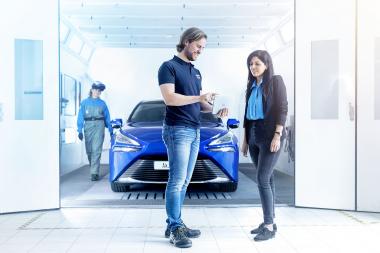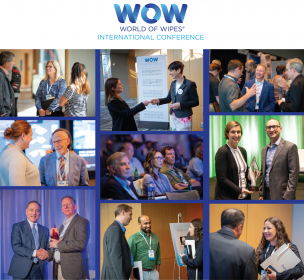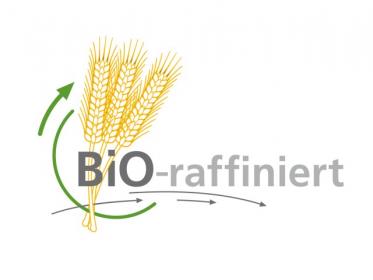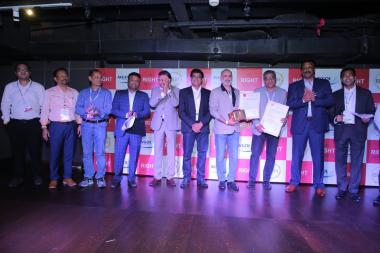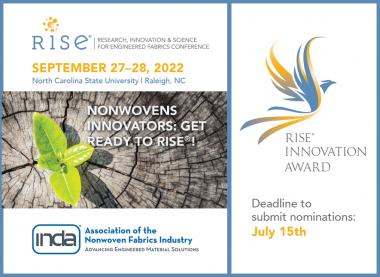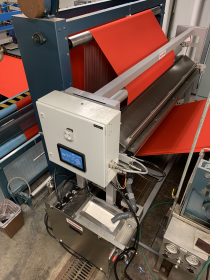EPIC Group and CleanKore: Plans to Advance Sustainable Denim
The partnership will aim at eliminating hazardous Potassium Permanganate Spray and most manual processes in denim finishing, while reducing Greenhouse Gas emissions, water and chemical use in the process
Hong Kong based Epic Group, a leading garment manufacturer for global brands today announced its strategic partnership with CleanKore, a denim innovation and patent licensing company. This partnership aims at scaling the CleanKore patented yarn dyeing technology that provides numerous sustainability benefits for both the denim mill and garment manufacturer.
CleanKore patented technology changes the chemistry and the process used to dyeing yarns at the denim mills by keeping intact the white core of the yarn and only dyeing the surface. This technology significantly reduces water, chemicals and process time in the denim garment finishing stage.
Denim garment finishing often involves onerous manual processes such as handsanding and hand whiskering, spraying of harmful Potassium Permanganate (PP) (done by heavily protective equipment donned personnel), and multiple washing cycles. CleanKore technology coupled with lasers enable elimination of the PP spray process, significantly improving health and wellbeing of apparel workers, as well as emissions of harmful chemicals. Manual processes are eliminated in most styles and significantly reduced in others.
CleanKore technology also enables the reduction of wash cycles – reducing water, chemical use and process time, adding to the sustainability credentials of the end products. The products currently tested by Epic Group and CleanKore demonstrate up to 44% of water savings in garment finishing and up to 60% of energy savings in the fabric dyeing stage, along with the elimination of PP spray.
Through their partnership, Epic Group and CleanKore are planning to rapidly scale up the adoption of this technology in partnership with Epic Group’s customer base. In the first year, the partnership plans to reach over 4 million pairs of denim and working towards a scale of 15 - 20 million pairs of denim per annum in the next 3 years, converting a large portion of Epic Group’s denim production to CleanKore technology.
EPIC Group & CleanKore










